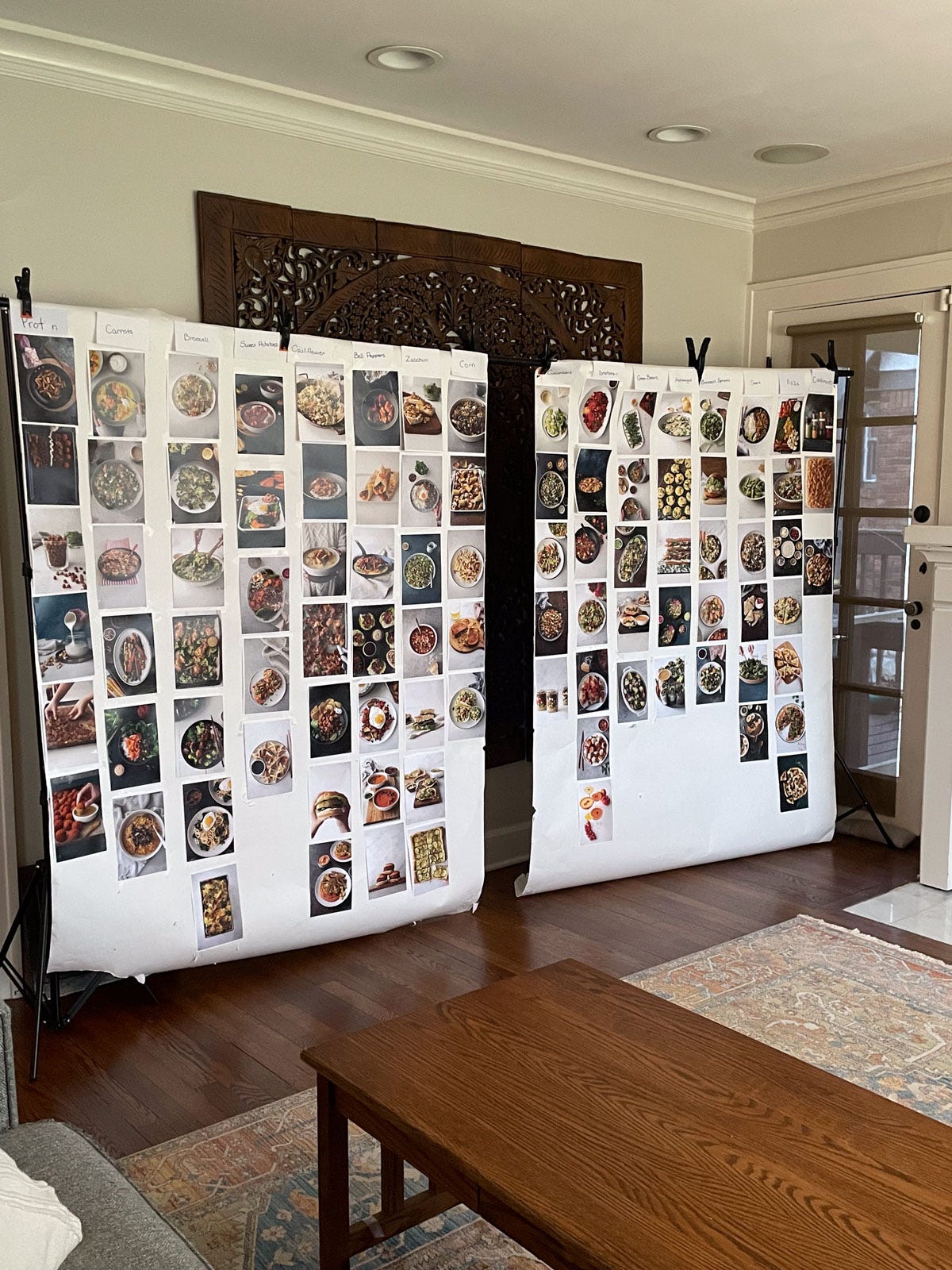Your Reader is Not You
To write successful recipes for home cooks, understand how you are different.

When people tell me about their cookbook ideas, I wonder if they want to write it for themselves or for their readers.
Ideally, it would be both.
Cookbooks are a form of service writing. Service writers understand their readers’ issues and challenges. They offer helpful tips and the encouragement to understand the task or to take action.
As a trained journalist, I’m doing service writing right now! I research topics of interest to us both, and write to serve you, my readers. And I have a heck of a good time doing that.
It’s the job of cookbook authors to teach readers to cook while entertaining and inspiring them. But sometimes I wonder, however, if these potential cookbook authors have thought carefully about how they differ from their readers.
It can be confusing. They communicate easily with home cooks, because cookbook authors are also home cooks. But sometimes they think that what they do in the kitchen is fun and “so easy” that “everyone” can do it, whether caramelizing onions, filleting a fish or hosting a dinner party for 10 with minimal effort.
Actually, readers can’t necessarily do all those things, because they’re not as skilled and knowledgeable as the author. This reminds me of one of my favorite things anyone’s ever told me, from food writer Mary Margaret Pack. She was editing recipes for a chef when he sent her a recipe with this instruction to begin: “Roast a duck in the usual manner.”
Cookbook authors and readers aren’t the same in five significant ways:
1. Cookbook authors are the teachers.
They have expertise to share. While we might want to believe that we’re all equal and everyone is a peer, potential authors wouldn’t be able to get a cookbook deal if they were only home cooks. To get a cookbook deal, they must
have a great book idea
be qualified to create it and convince a publisher that it’s worthwhile
demonstrate skill at writing, recipe development and writing, and marketing, among other things.
Your target reader doesn’t care about all that. Mostly, they like to cook.
2. Readers are your students.
Readers want to make your recipe or buy your book to learn something new from an experienced cook. Sometimes they’ll read a cookbook cover to cover and will not make a single recipe, that’s okay too, since they valued it enough to buy it. They’ll take from the book whatever meets their needs or gives them pleasure or inspiration.
